Israel’s Defense Forces have intensified their operations in Gaza City while preparing to conduct a major assault against the Hamas-occupied urban center. The October 7 2023 Hamas attack that killed 1,200 Israelis and resulted in 250 hostage seizures triggered a response that became one of the deadliest incidents in the Israeli-Palestinian conflict history.
Military Operations and Strategic Developments
The Israeli Defense Forces made public their plans to attack Gaza City on August 20 2025 thus raising the intensity of ground warfare after multiple bombing and territorial control operations. Military reports indicate that IDF control now reaches 75% of Gaza territory and UN experts project operational control will reach 90% levels. The military forces focus their operations within the Zeitoun district which lies west of Gaza City's central area.
IDF personnel initiated the offensive preparations by activating 60,000 reservists and extending the active service of 20,000 personnel. The military operation targets a complex urban warfare setting in a crowded area so these extensive numbers show the scale of preparedness.
Israeli troops target Hamas operational structures while working to recover all remaining Israeli prisoners. The 20 remaining hostages in Gaza have not been freed as Hamas offers to release them in stages while negotiating prisoner swaps with Palestinians. Hostage-related developments maintain their importance as a deciding factor for Israel's military choices while complicating peace negotiations.
The Netanyahu government emphasizes military goals instead of pursuing diplomatic solutions. The government of Israel has received domestic and international criticism regarding its prolonged warfare and its hardline stance which includes approving new settlements in the West Bank while intensifying operations in Gaza. As one of Israel's rightmost governments in history his administration continues to argue that military force remains necessary to achieve its strategic goals.
Hamas presents itself as a defender of Palestinian rights along with Palestinian land against what they consider Israeli occupation and aggressive actions. Through their armed operations Hamas demonstrates its position as a necessary military force to defend Gaza against Israeli occupation and blockade as well as repeated Gaza attacks. The group asserts that hostage-taking during war was both lawful under international law and functioned as an effective bargaining instrument to free Palestinian prisoners.
Humanitarian Crisis and International Response
The Gaza territory experiences its most severe humanitarian emergency because of continuous Israeli restrictions on food, water, medicine and fuel delivery. The United Nations and Palestinian health officials have confirmed famine conditions in Gaza as of August 2025 while thousands have starved to death due to malnutrition.
The resulting humanitarian disaster has caused extensive damage to every demographic in Gaza. The death toll in Gaza exceeds 60,000 while women and children represent most of the victims alongside 150,000 wounded people. The extensive damage from Israeli airstrikes combined with ground attacks has resulted in the complete destruction of hospitals alongside schools and religious sites and cultural facilities and multiple neighborhoods.
Gaza’s population of 2.3 million faces forced displacement as tens of thousands face internal displacement and mass evacuation occurs before the Gaza City offensive. International humanitarian groups state that medical facility destruction along with forced evacuations severely decrease the healthcare capabilities which remain in Gaza.
The conflict resulted in 192 journalist fatalities in Gaza because of Israeli actions thus endangering both press freedom and the safety of civilians. The number of victims in these cases raises questions about military conduct when operations occur within densely populated civilian zones.
The world now strongly opposes the ongoing Israeli military operations in Gaza. The United Nations alongside European Union members including Germany and France and the United Kingdom have criticized the Gaza City operation because they predict devastating humanitarian effects along with sustained violence. The ongoing diplomatic efforts for a ceasefire have proven unsuccessful because of the ongoing hostage situation and political disagreements between parties.
Ceasefire Negotiations
This war continues despite different organizations maintaining their diplomatic attempts at peace. A 60-day truce to end fighting and allow humanitarian aid entry became official when Hamas accepted Egyptian and Qatari proposed terms in mid-August 2025. The proposal included the release of 10 Israeli hostages in exchange for approximately 140 Palestinian prisoners serving long sentences, along with Israel repositioning its forces to allow humanitarian access.
The written commitments of international parties including the United States were essential for Hamas because they wanted guarantees that any ceasefire would extend beyond the first 60 days without renewed Israeli attacks. The truce acceptance by Hamas shows the group remains open to talks despite facing military challenges and worsening living conditions.
Both entities maintain their essential role of helping to establish communication channels between parties to create ceasefires and provide humanitarian aid. Hamas demands additional international participation to protect civilians through lasting truce agreements.
Gaza’s conflict has escalated regional tensions through Israel's battles with Iran-backed militant groups including Hezbollah and their proxy forces. The Gaza conflict has caused violent incidents in Lebanon and Syria while leading to deteriorating Middle Eastern diplomatic relations.
The worldwide conflict has led to widespread demonstrations yet it also caused increased antisemitic and anti-Palestinian attitudes in different nations which complicated international involvement. The situation presents multiple interconnected challenges: managing urban military operations with active resistance, alleviating severe humanitarian shortages amid blockades and infrastructure destruction, navigating complex hostage negotiations and international diplomatic pressures, and addressing accusations regarding potential war crimes relating to civilian casualties and treatment by various parties involved in the conflict.



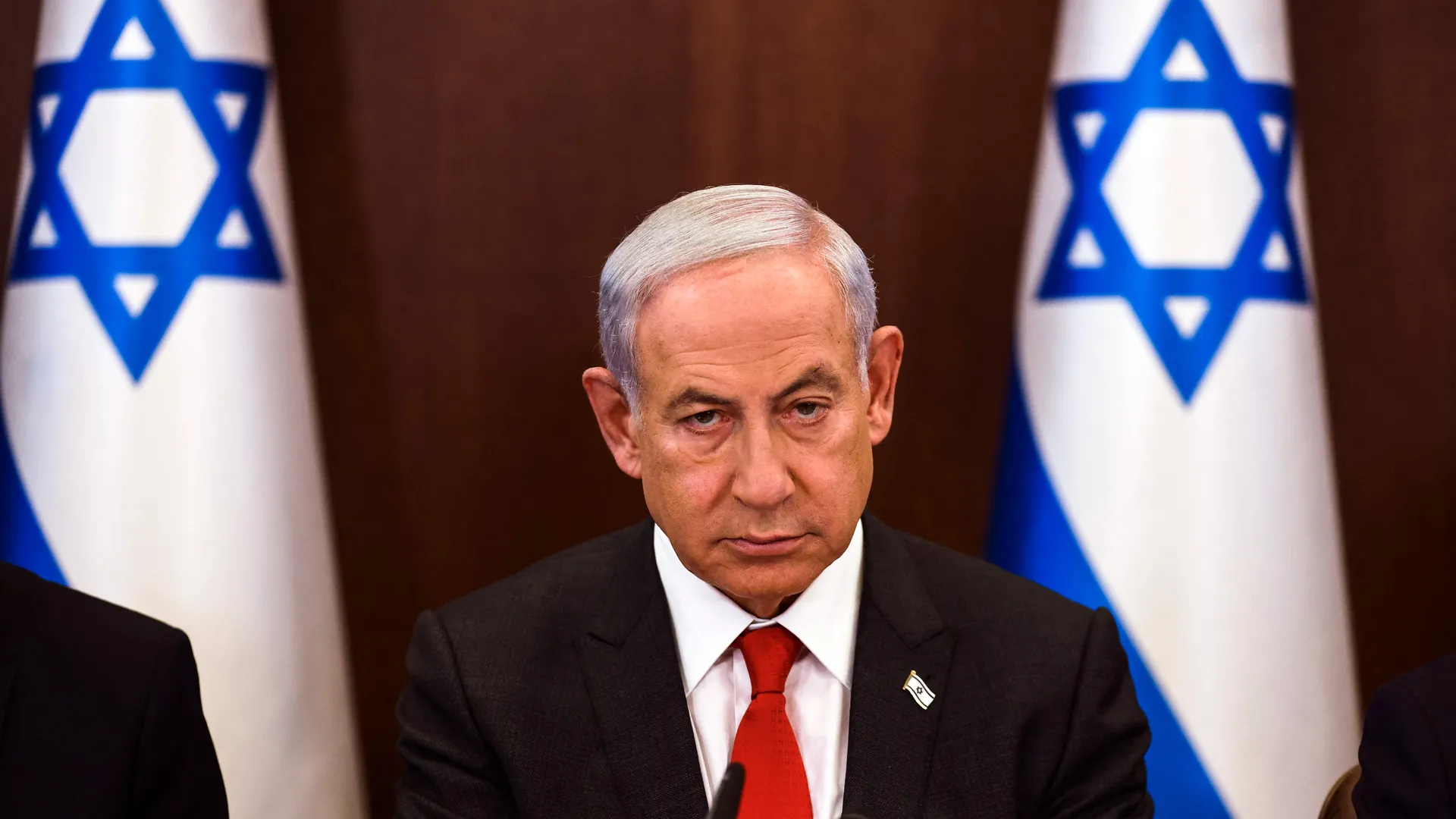


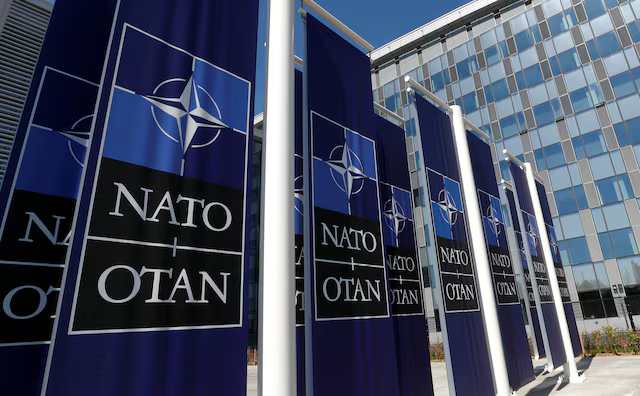


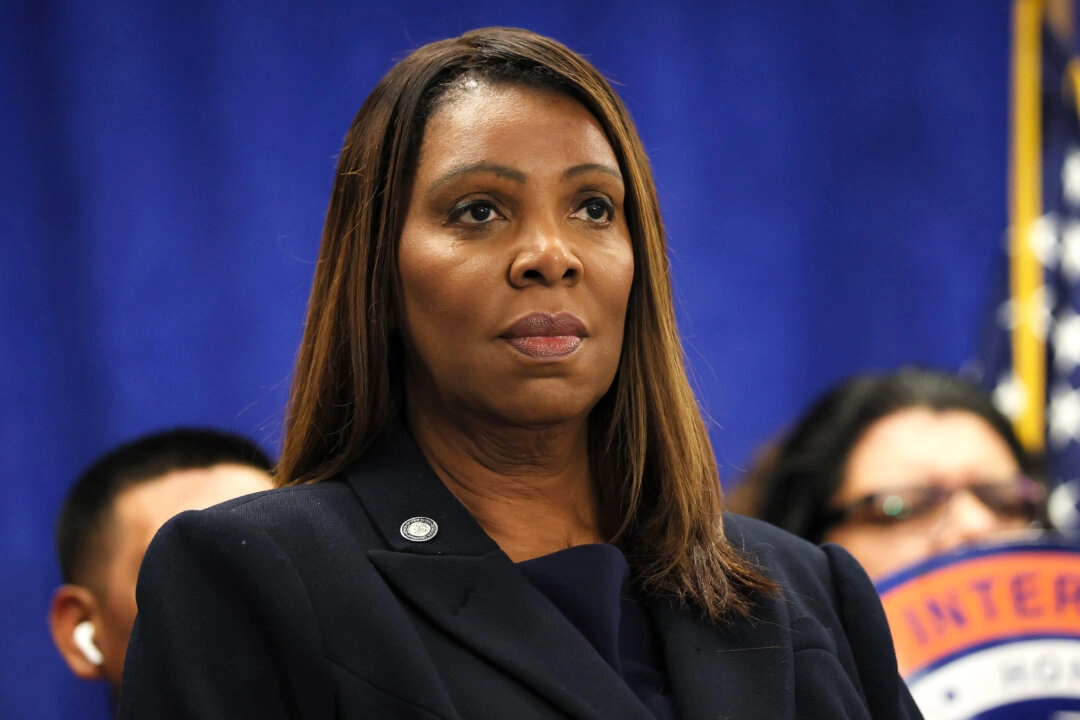
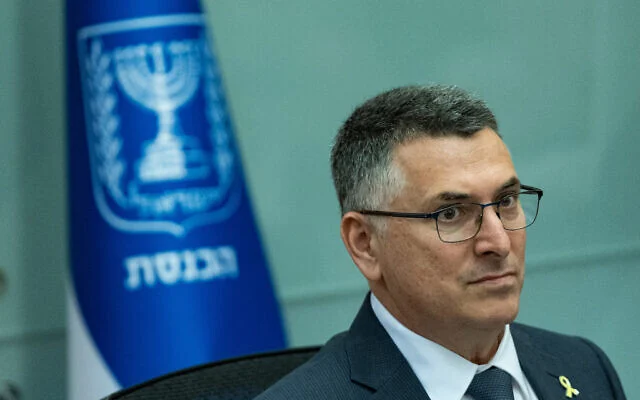
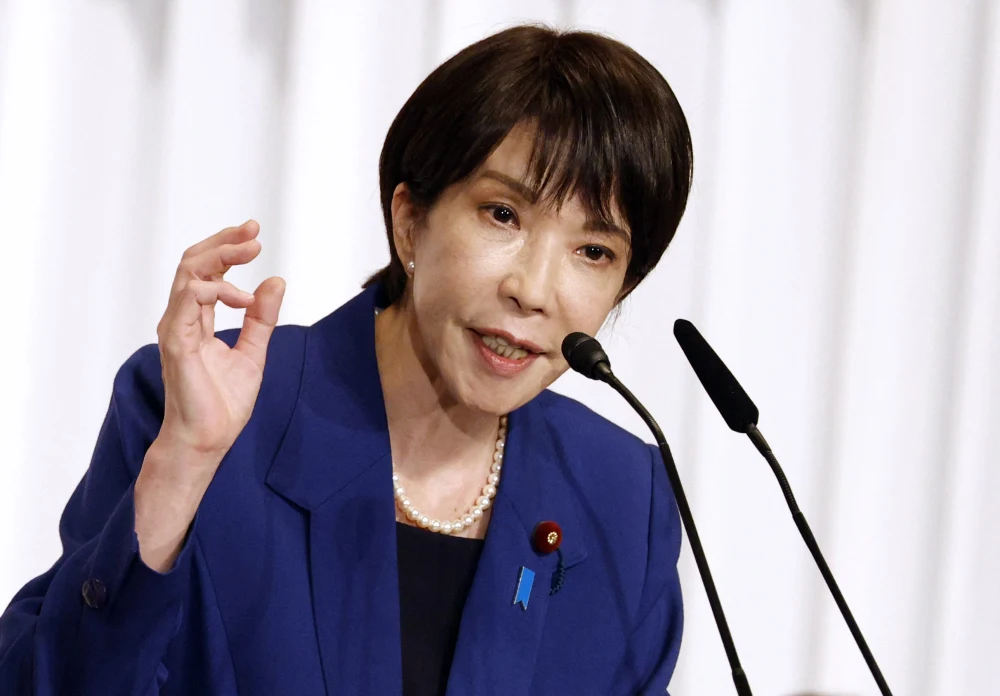
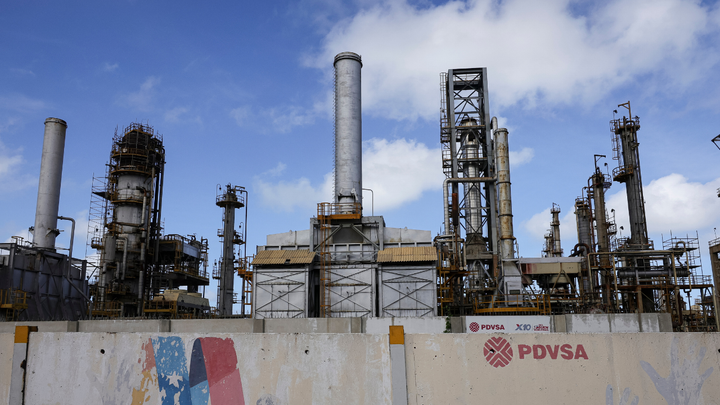

Discussion